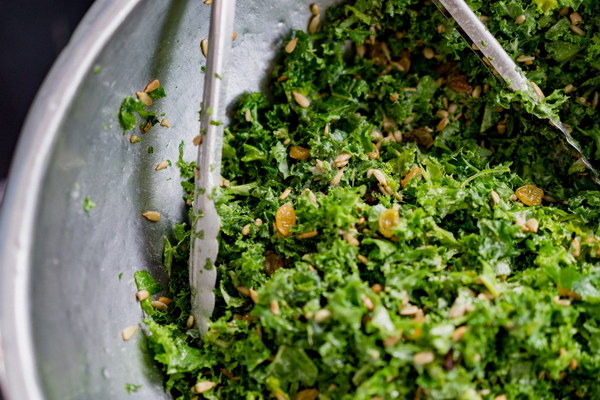Does Dandelion Tea Really Relieve Dampness in the Body
In recent years, traditional Chinese medicine has gained popularity around the world, and dandelion tea is one of the most commonly recommended herbal remedies. Many people believe that drinking dandelion tea can help expel dampness from the body. But does it really work? Let's explore the truth behind this claim.
Understanding Dampness in Traditional Chinese Medicine
In traditional Chinese medicine (TCM), dampness is considered an internal imbalance that can lead to various health issues. It is often associated with excessive moisture in the body, which can cause discomfort and weaken the immune system. Symptoms of dampness include fatigue, bloating, weight gain, and water retention.
Dandelion: A Natural Remedy for Dampness
Dandelion, also known as pu gong ying in Chinese, is a popular herbal remedy in TCM. It is believed to have diuretic, anti-inflammatory, and detoxifying properties. Many people wonder if drinking dandelion tea can help alleviate dampness and improve overall health.
The Science Behind Dandelion Tea
Research suggests that dandelion tea may have several health benefits that could contribute to the relief of dampness. Here are a few reasons why dandelion tea might be effective:
1. Diuretic Properties: Dandelion is known for its diuretic effects, which can help the body eliminate excess water and reduce bloating.
2. Detoxification: Dandelion has been shown to stimulate the liver, which plays a crucial role in detoxifying the body.
3. Anti-inflammatory Effects: Dampness is often associated with inflammation, and dandelion tea may help reduce inflammation in the body.
4. Rich in Nutrients: Dandelion is packed with vitamins, minerals, and antioxidants, which can support overall health and boost the immune system.
How to Prepare Dandelion Tea
To make dandelion tea, follow these simple steps:
1. Gather fresh dandelion leaves or purchase dried dandelion tea leaves from a health store.
2. Rinse the leaves thoroughly to remove any dirt or impurities.

3. If using fresh leaves, chop them into small pieces.
4. Place the dandelion leaves or tea leaves in a pot and add water.
5. Bring the water to a boil, then reduce the heat and simmer for 10-15 minutes.
6. Strain the tea and let it cool slightly before drinking.
Potential Risks and Side Effects
While dandelion tea is generally safe for most people, it may not be suitable for everyone. Here are some considerations:
1. Kidney Disease: If you have kidney disease, consult a healthcare professional before drinking dandelion tea, as it may increase the risk of kidney problems.
2. Pregnancy and Breastfeeding: Dandelion tea is not recommended for pregnant or breastfeeding women, as it can stimulate the uterus and affect milk production.
3. Allergies: If you have a known allergy to dandelion or similar plants, avoid drinking dandelion tea.
Conclusion
While there is limited scientific evidence to support the claim that dandelion tea can directly expel dampness from the body, it may have several health benefits that could contribute to the relief of dampness symptoms. However, it is essential to consult with a healthcare professional before incorporating dandelion tea into your daily routine, especially if you have pre-existing health conditions or concerns. As with any herbal remedy, it is important to consume it responsibly and in moderation.









